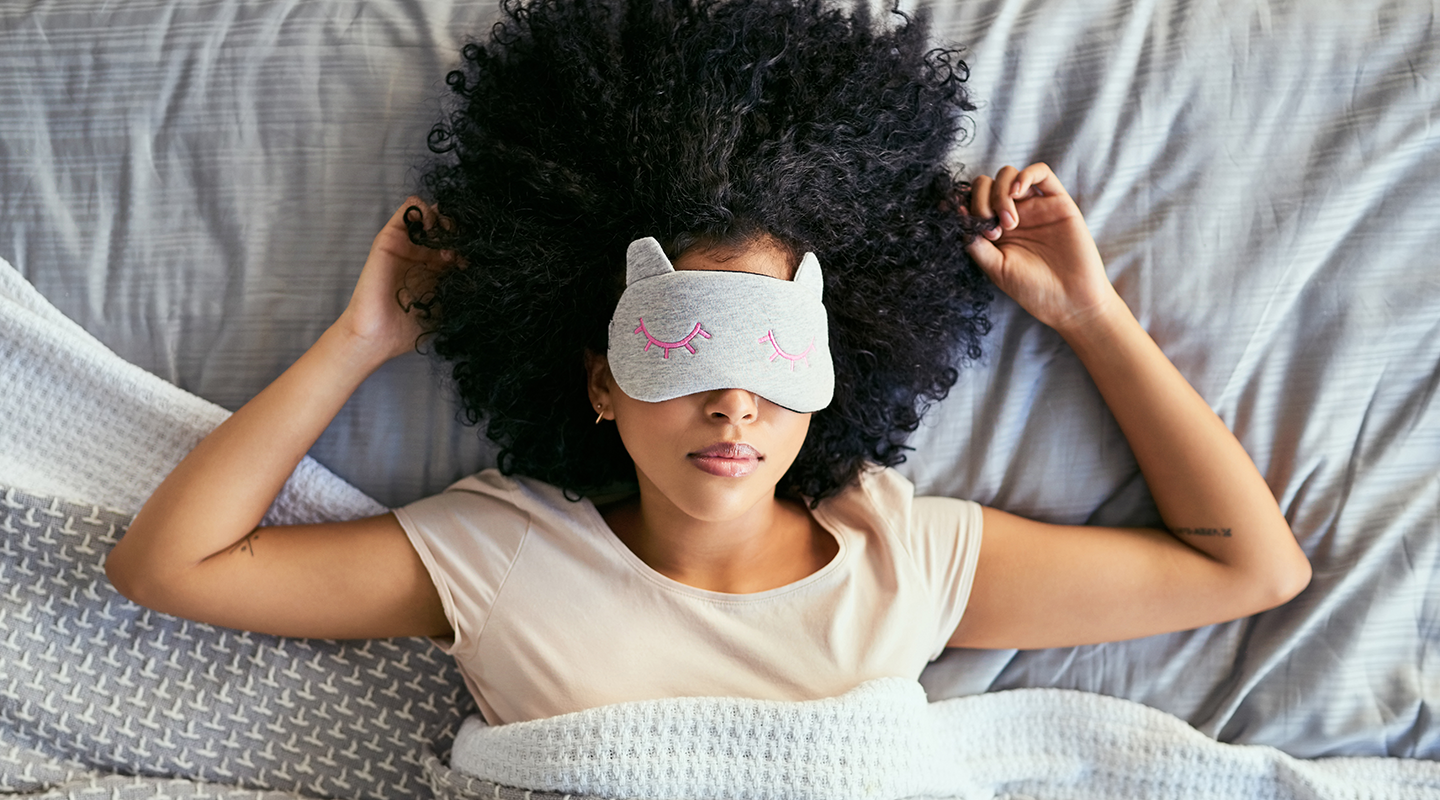Restless? Maybe we can help.
We get it: A new mattress and box spring are expensive. So are high thread-count sheets and down pillows. If you’re on a tight budget, these might seem like luxuries that aren’t on the top of your shopping list. Maybe they should be.
Why? We spend an average of 26 years of our lives sleeping. We squander another seven years trying to sleep. That’s 33 years (again, on average) spent on slumber–almost a third of a hundred-year lifespan. By way of comparison, we spend about four-and-a-half years eating, and we’ll bet dollars to donuts you’re spending more money on food than your sleep cycle. We know sleep doesn’t taste as good as a Cuban sandwich from El Cochinito, we’re just saying don’t depriotize bedtime in favor of mealtime.
Okay, now let’s look at how much else you lose when you lose sleep. Interrupted sleep can unleash a cascade of negative effects on your body and mind: stress response, circadian rhythms, immunity, emotions and mood, somatic pain, metabolism, cognitive function, memory, and more. In short, sleep deprivation also deprives you of overall quality of life. Long term, sleep deficits can lead to more alarming health outcomes like cardiovascular disease, type-2 diabetes, and even colorectal cancer.
Unfortunately for some of us, sleep doesn’t always come easy. But the numbers and factors make a compelling case not to skimp when you’re budgeting for slumber. Get your best chance to rise and shine. Here’s a starter list of sleep needs to get you comfortably to the land of nod:
1. The Almighty Mattress
Your mattress is far and away your most important partner in achieving reliable, quality sleep. It’s also the most expensive. The price of a queen-sized new mattress can be anywhere from a few hundred to a few thousand dollars (big ticket mattresses can sell in the tens of thousands, but we’ll leave those out of the conversation for now). You should replace a mattress every 6-8 years. So let’s say you go high-end and splurge on a $3000 mattress, and replace it in six years. That’s $500 a year, or a little over a dollar a night. Would you pay a dollar a night for a good night’s sleep? Of course, you don’t have to spend that much, but remember this is about your quality of life. And you’re worth every penny.
2. Pillow Talk
Your pillow is a close second to your mattress in terms of importance, and is very much a matter of taste. Some people might like a firmer pillow, others a down pillow that practically dissolves beneath your head. If you’ve got neck or back problems, you might need something more orthopedic. Most people know how they sleep, and it’s easy to shop around for pillows rated to give you the best comfort and support. Just don’t keep using that pillow from childhood that’s been flattened into a pancake.
3. Noises Off (or On)
This one’s especially for light sleepers whose sleep can be interrupted by noisy neighbors or sounds from the street. At this point, “white noise” is a misnomer, because many noise machines offer a sound spectrum (pink noise and brown noise are both common calming noise colors). A noise machine is a small investment that many sleepers swear by–you can find one easily for as little as $20, sometimes less. And most offer alternatives to the standard static: You can doze to anything from thunderstorms to whalesong to a sound replica of the womb. Even if you’re not a light sleeper, sleep sounds can help your mind move on from rushing thoughts to lull you to sleep.
4. Compression Blankets
“Compression,” “weighted,” or “gravity” blankets are available in a range of prices, and you don’t have to spend much for one that can deliver sleep benefits. Pressure therapy is used widely to treat anxiety, famously developed by Temple Grandin to calm animals, and also therapeutic for humans. Considered, applied pressure, in this case weight, can relax the nervous system and create a sense of calm that can help you soften into sleep, and stay there. Plus, many of these blankets come in “cool” or “warm” constructions, so you can choose a temperature that fits your sleep needs.
These are just four investments you can make to tune your body and mind for a good night’s sleep. Consult your budget, shop around, and order up some zzzz’s.
WCU provides career guidance and assistance but cannot guarantee employment. The views and opinions expressed are those of the individuals and do not necessarily reflect the beliefs or position of the school or of any instructor or student.



